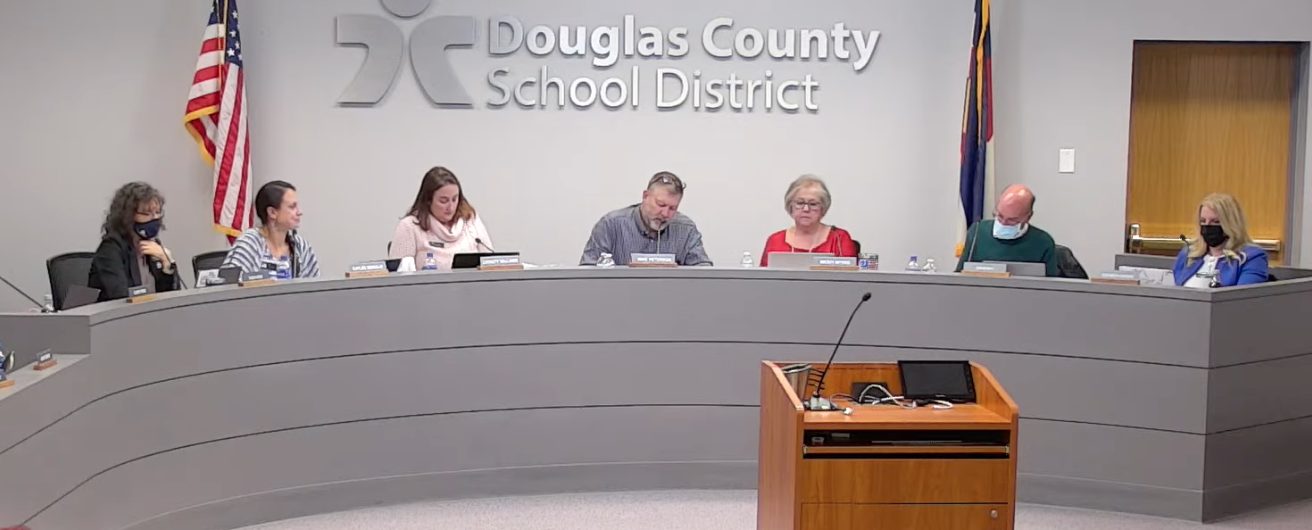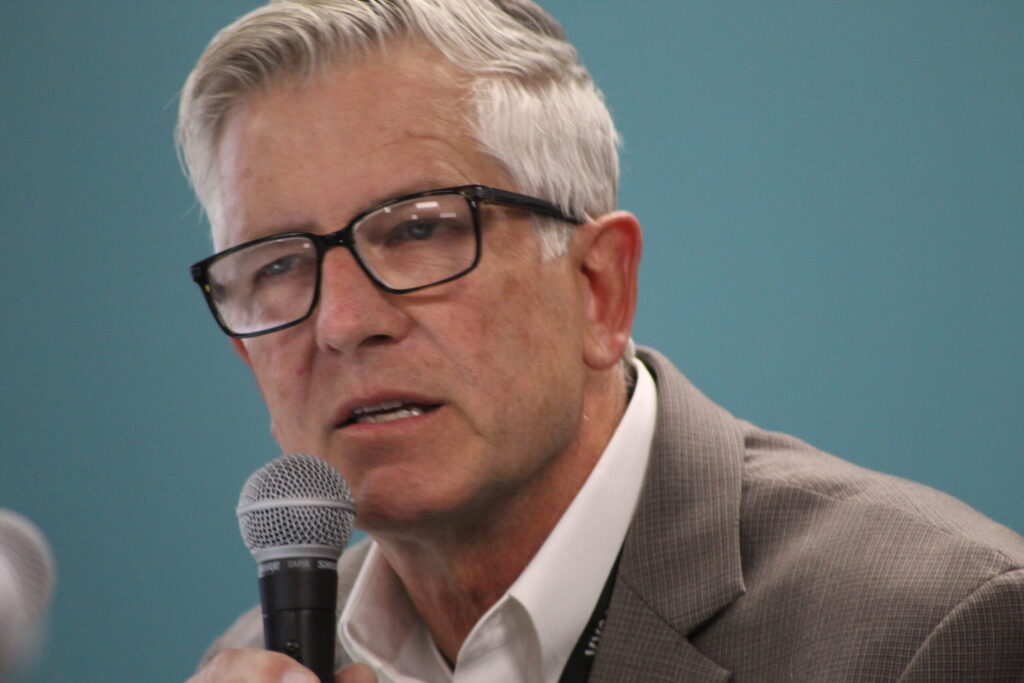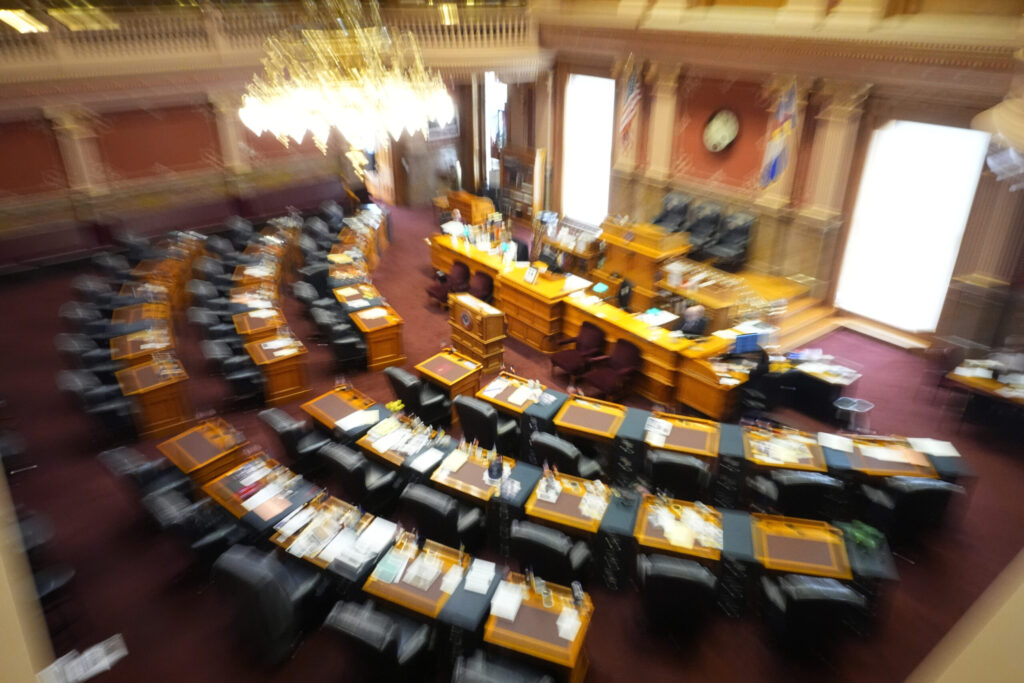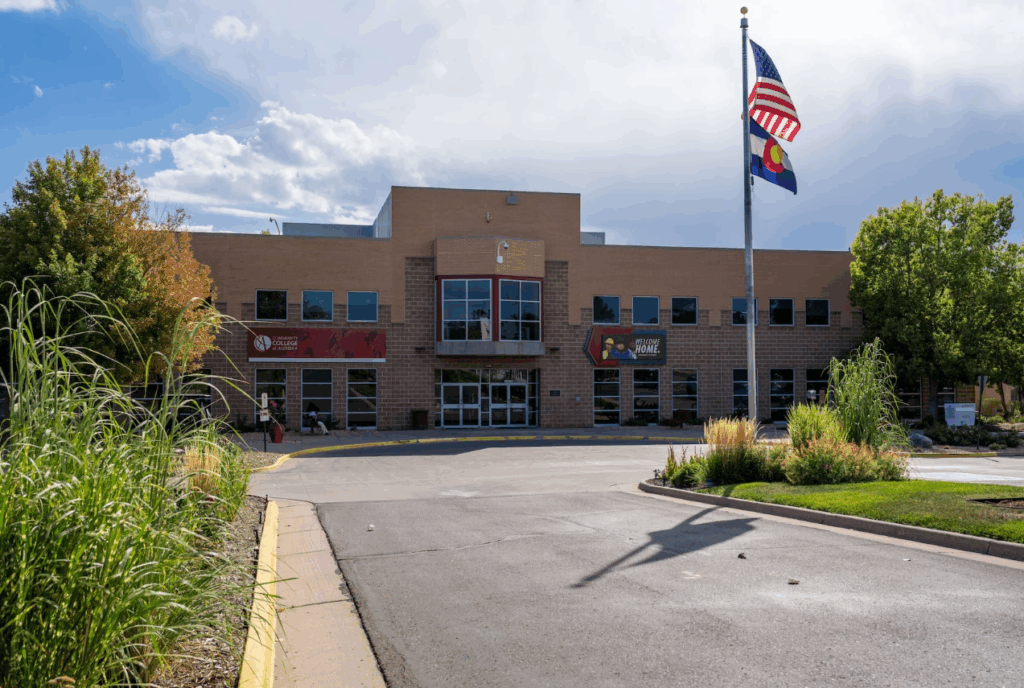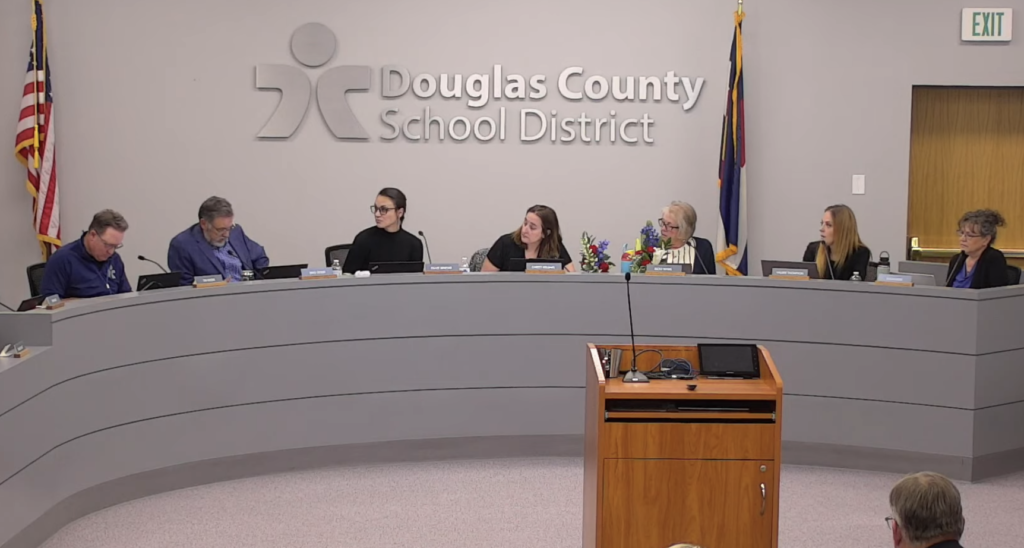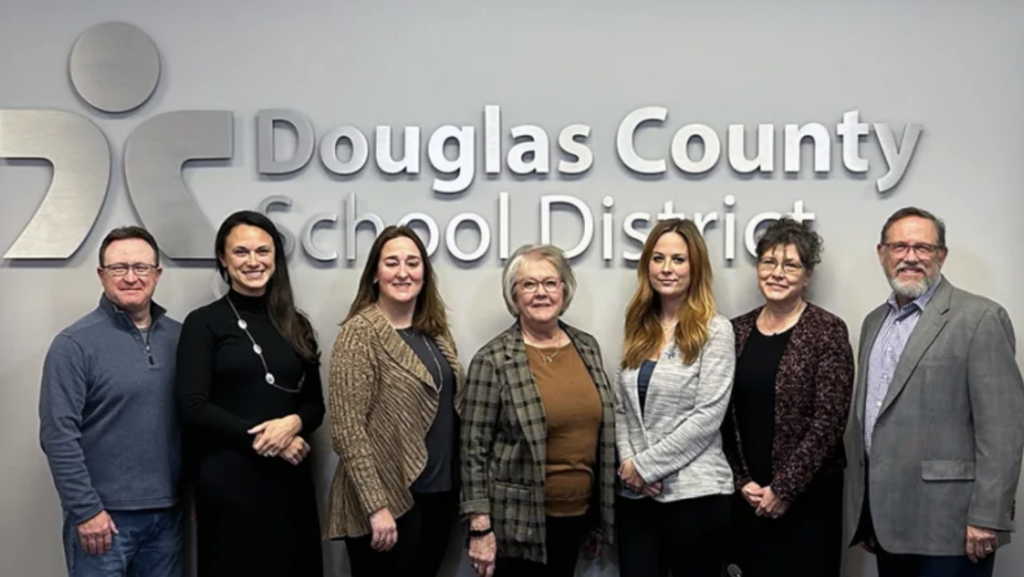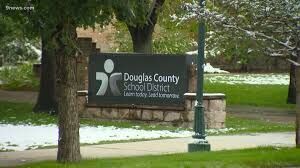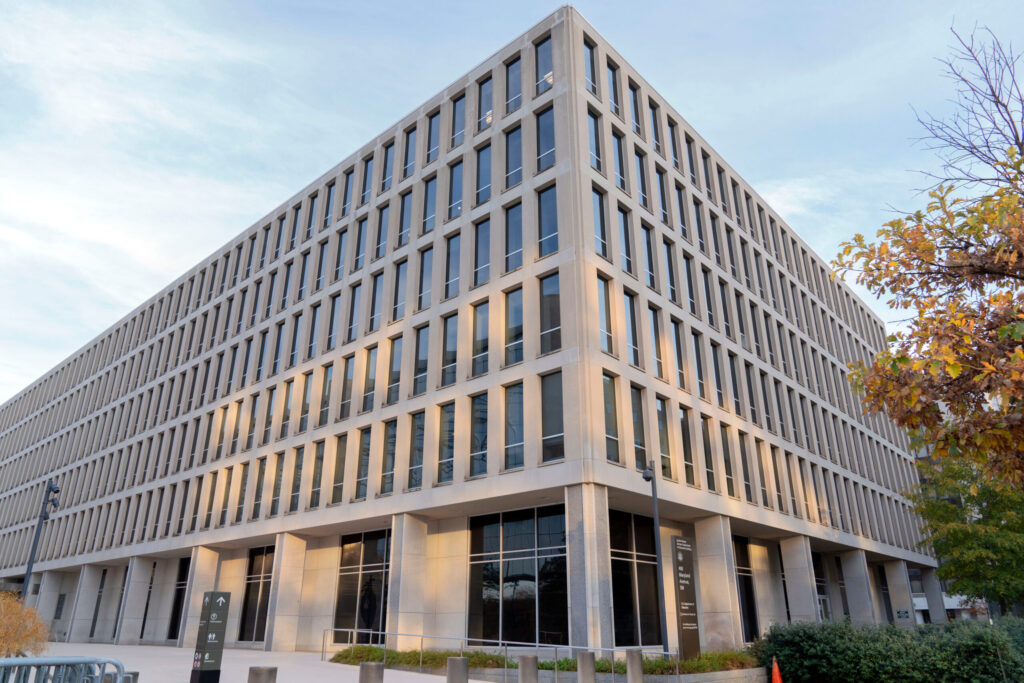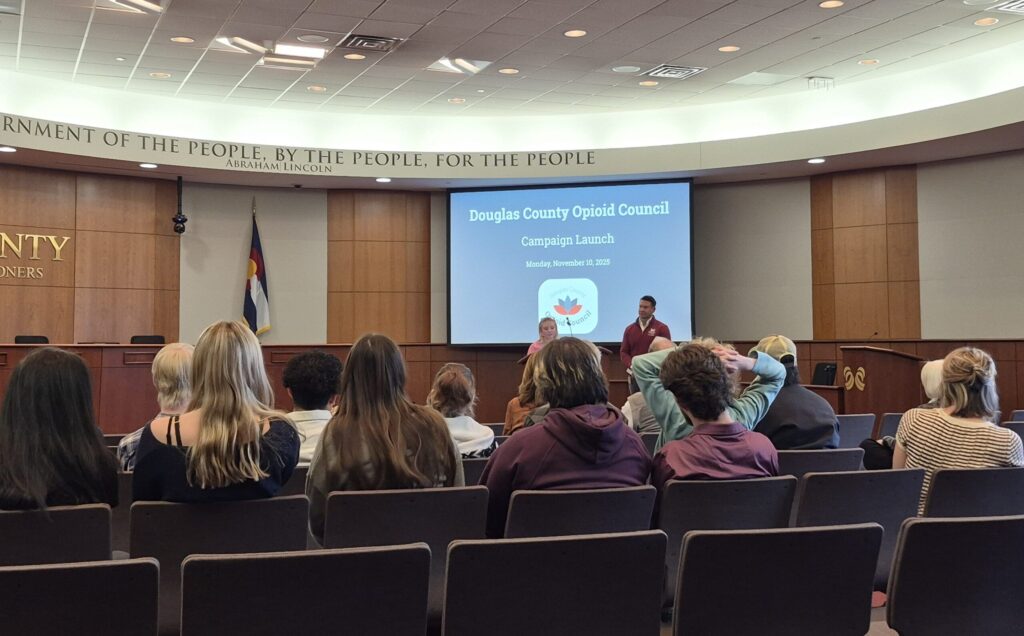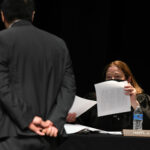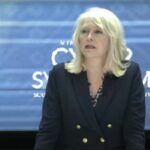After tumultuous week, Douglas County school board plans ballot efforts
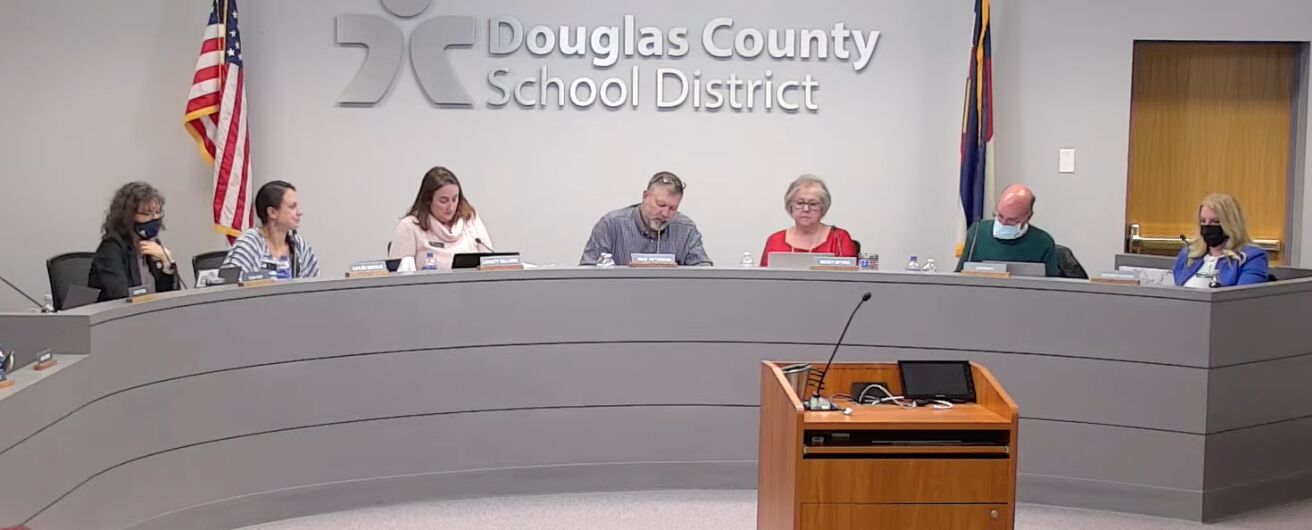
The Douglas County school board was more than two hours into its study session Tuesday night when board member Elizabeth Hanson picked up her microphone and called attention to the nationally televised elephant in the room.
District staff had just finished walking the board through the district’s capital needs plan, which could cost as much as $847 million in all. That price tag doesn’t include giving teachers raises, a stated priority for board members. The district would have to turn to its taxpayers to help fund much of those asks, including in the coming November election.
It was the board’s first meeting since Friday’s showdown, during which then-Superintendent Corey Wise was fired after three hours of board members accusing each other of misconduct, deceit and collusion. Up until Hanson turned on her mic and removed her mask, there had been little mention of the fight that had happened in this same room four days before.
“I feel like I’m living in an alternate universe right now as I sit here in this meeting,” Hanson said. “And I know these presentations were requested, so this is nothing (against) staff, but I can’t believe the level of disconnect to our community and quite frankly the offensiveness that we’re choosing tonight, of all nights, to talk about an enormous amount of money that we need from our taxpayers.”
“I know that these needs are critical to our district,” she continued, “but seeing these numbers in print makes me feel even more discouraged for the future of our district than I did two hours ago.”
It had been a tumultuous 10 days for the Douglas County School District. On Jan. 28, the board’s newly elective president and vice president – Mike Peterson and Christy Williams – met with Wise. According to them, they walked him through the options in his contract as part of the beginning of a conversation about his future and the district’s direction. The board’s longer-serving members, however, accused Peterson and Williams of giving Wise an ultimatum: Resign or be fired within four days.
Those more tenured members – David Ray, Susan Meek and Hanson – made those allegations public Jan. 31. They also accused their peers of breaking a state open meetings law by discussing Wise’s future privately; Peterson and Williams denied that allegation. Three days later, so many teachers called out sick to protest the threat to Wise’s employment that Douglas County canceled school. That prompted Friday’s contentious, often openly combative meeting during which Wise was fired on a 4-3 vote that fell upon new member versus older member lines.
That set the stage for Tuesday, when the board met for a regularly scheduled study session to discuss, primarily, the financial needs of the district and earlier planning to get the public to support funding those needs.
After Hanson spoke, there was silence for a moment. Then Peterson moved forward with the agenda, calling Sandra Brownrigg – who will run the board’s Mill Bond Exploratory Ad Hoc Committee – to discuss early planning for how the district could raise the money it would need from a palpably divided public.
Brownrigg did not mince words.
She told the board that to successfully get funding approved at the ballot, the district needed stability in leadership, climate and culture. Division at the highest levels, she told them, is “a hellacious infection to try to get out.” The vocal part of Douglas County “is split between the current conservative majority on the board and the progressive minority.”
Success at this November’s election is critical, she said. Next year is another board election year – lower turnout, likely harsher rhetoric. Then comes 2024 – a presidential election year. That, she said, will bring out a strong contingent of tax-averse, fiscal conservatives, who will be especially primed to vote down tax increases for a divided district. The next year will bring an election for the board’s majority.
“I’m just going to say that’s probably not a good year to ask for funding,” Brownrigg said flatly. “So that puts us in a box, and the box is – if the kids and the teachers who are in schools today are the ones that we’re focused on, and we are, then we need to get funding this year. Starting with teachers’ salaries.”
Ray asked what Brownrigg thought of their chances to successfully pass a funding measure this year. She replied that she was an optimist and felt that the board could get it together. She said it was at least 60%. But she warned that the broader political climate, mixed with new leadership instability in the district, could push Douglas County schools into a “death spiral” that could last a generation. Allowing that to happen, she said, would mean that students and teachers “are acceptable collateral damage.”
“The community thinks our baby is ugly,” Brownrigg said. “And we need to stop telling them that the baby is ugly.”
Peterson thanked Brownrigg and said “both sides” needed a scolding. He said he hoped the board could come together, find common ground and put the district first. He pointed to open communication as a key to moving forward, and he said members needed to focus on issues, not attacking each other’s motives or actions, going forward.
There was plenty of that Friday: Peterson accused Ray, Meek and Hanson of colluding with teachers unions to support the walkout and undermine the district, and he suggested that if they cared about equity, they should’ve worked to improve proficiency scores among the district’s minority students. The other members, meanwhile, accused Peterson and the newly elected majority of operating behind closed doors, illegally, and of willingly damaging the district by firing Wise.
If Peterson expressed hope of a coming reconciliation, Hanson sounded less optimistic.
“Your exact words Friday night were that you’ve lost trust with Superintendent Wise and you can’t regain that. And that’s where I’m at with the four of you,” she told Peterson, referring to the board’s newly elected members. “I’m trying. I am open. … But I’m not being authentic if I’m not telling you: I don’t have an ounce of trust for any of you.”
Meek asked Brownrigg about polling and said some in the county had asked about splitting the district entirely. She noted that many of the volunteers who would help run a bond campaign are now alienated and angry. She also advocated that board members stop referring to the two now-apparent factions – new versus old – as opposing sides, or sides at all.
Brownrigg told them to start focusing on every decision “through the prism of, ‘Does it help us attain funding or does it not help us attain funding.'”
Ray told Peterson that “restorative practices” were needed to help the board rebuild, and he suggested using some of the district’s own mental health providers and experts to facilitate that. Williams said she supported that idea.
“Until we (restore) some relational trust,” Ray said, “this is going to be something that’s going to continue to get in our way.”
